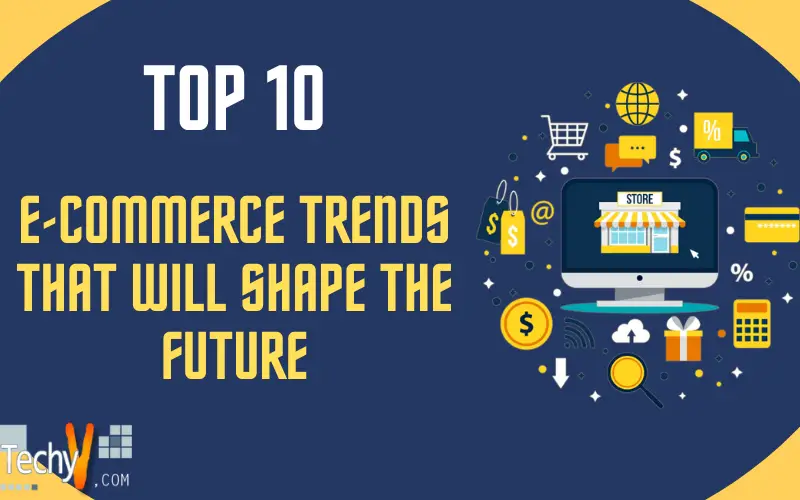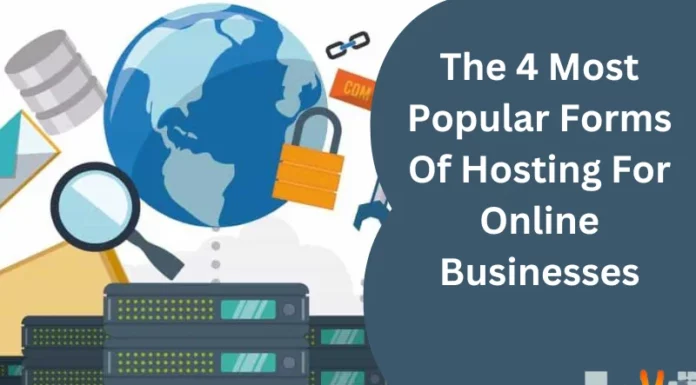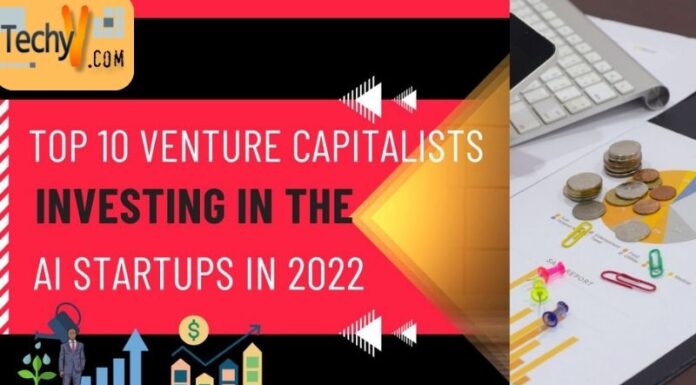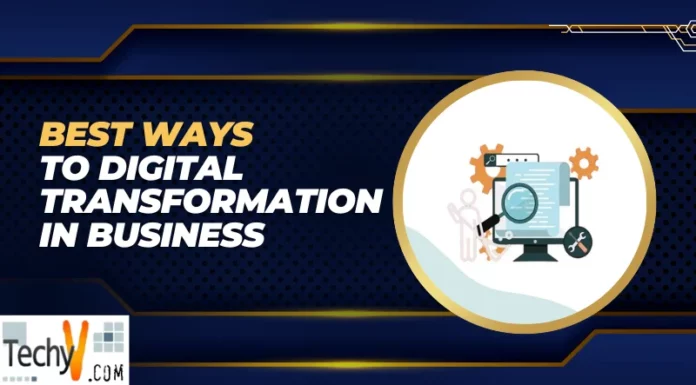Ecommerce, also known as electronic commerce, is the online purchase and sale of goods (or services). It includes a diverse set of data, systems, and tools for online buyers and sellers, including mobile shopping and payment encryption. Ecommerce has evolved in various ways since its inception, and it is changing the way we live, shop, and conduct business. Here are a few top trends that will shape the future of E-commerce.
1. Augmented Reality Enhances The Reality Of Online Shopping.
People prefer to shop in person because they can inspect their purchases. One disadvantage of online shopping is that you cannot try on clothes to see what fits and what does not. In such cases, augmented reality (AR) has completely transformed e-commerce. Customers can see the item they’re looking for with this technology, which helps them make a purchasing decision. AR has a great impact on the shopping experience in certain industries, such as fashion and home decor, because it allows the customer to get a better sense of the item without having to see it physically.

2. More Ways To Pay
Customers have varying payment requirements, but if they cannot pay in the manner they prefer on an e-commerce website, they may cancel a potential sale. Offering various payment options is an effective way to increase mobile device conversion rates. Furthermore, allowing customers to save their payment information on your site consumes their time and allows them to check out faster the next time they buy. “ Consider how simple it would be to buy a product on any website if you could provide them with an ID unique to you at the checkout. This one-of-a-kind ID uses a centralised wallet service that would securely store all of your payment information, shipping and billing addresses, preferences, and other information.

3. There Will Be A Growing Volume Of Voice Searches.
People are increasingly relying on voice assistants to complete daily tasks, in addition to smart speakers. As smart speakers become more common in homes, more people will use voice search to shop online, order food, and organize their lives. The rise of voice search presents an opportunity for e-commerce businesses regarding keywords and content. More involvement of voice-enabled solutions in the commerce space with Amazon Alexa and Google Home” is high on his list of 2020 trends to watch, according to David Zimmerman, Director of eCommerce Solutions at Kensium,

4. Online Buying Will Not Be Limited To B2C Products
In 2021, disruption was more than a buzzword as businesses accelerate their digital transformation efforts in response to global changes. Consumers with no other choice turned to eCommerce to get everything they needed for their daily lives. People couldn’t just order food, clothing, and electronics online and deliver them to their homes. The list now includes groceries, furniture, and even car parts. As eCommerce evolves from something people rely on to simple convenience, brands adapt their strategies accordingly.

5. AI Will Help Shops To Learn About Shoppers.
Artificial intelligence (AI) and machine learning enable customers to have automated, personalized shopping experiences. AI constantly gathers information about how customers shop, when they buy, and what they want in a product or service. People want to know that brands care about them, and AI will be programmed in such a way that it will deliver the promise.” We’ve already seen the opposite behavior on social media where, AIs learn from humans’ more negative comments, consumers will likely crave the impact. Companies will soon be able to teach bots to offer comfort and products based on the moods of their customers if they can learn how to form sentences that convey an emotion.”

6. Self-Service Platforms Will Continue To Rise In Popularity
Getting started on the internet used to be a time-consuming and labor-intensive process. 2020, on the other hand, has changed the narrative and demonstrated how quickly small businesses and solopreneurs could digitally pivot their operations. According to Sensorpro CEO Chris Byrne, “the trend for 2022 will favor platforms that deploy and sell quickly online, without the need for a small army of developers and consultants.”
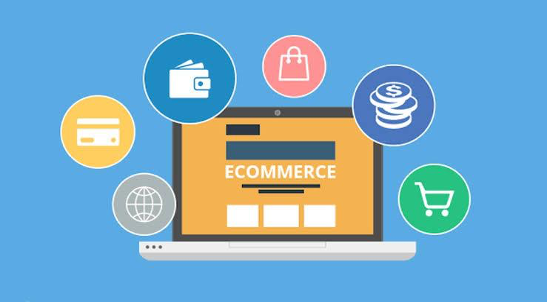
7. Shoppable Video Ads On Social Media
In 2022, social media consumption will continue to rise, and brands will begin to advertise in new ways on platforms like TikTok and Instagram. According to Eduard Klein, a Digital Growth Initiator, “Zoomers can be found spending hours scrolling through TikTok and Instagram feeds. Merchants are ecstatic; video is the ideal medium for reaching out to the curious young target audience. Gen-Z can make purchasing decisions based on what they see on social media, and videos allow them to shop right away.” Brands are already reaping significant benefits from placing ads in stories on apps like Instagram and Snapchat. This is simply the next step in the evolution of social media selling.
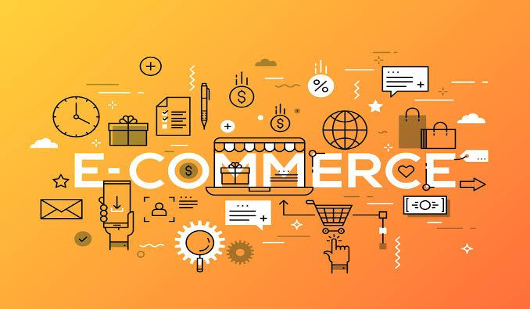
8. ROPO / ROBO Will Rise
ROPO (Research Online, Purchase Offline) or ROBO (Research Online, Buy Offline) has been a significant trend in recent years. However, it cannot be considered an evolution of the e-commerce business world. It has been the pinnacle of online shopping technology in the last decade. When using ROBO or ROPO, customers find it easier to search for products/services at the best possible price. ROPO, on the other hand, assists e-commerce owners in tracking offline conversions.

9. Chatbots Improve Shopping Experiences.
Chatbots interact with online customers the same way that a sales representative would. Today’s shopper wants the buying and finding process to be short. If they do not get it, they get frustrated or disappointed. This is where a chatbot can come in handy. “Chatbots are all the rage in customer service these days and soon will become one of the most important marketing tools. Self-service checkout kiosks will likely become the norm in retail, and in-store marketing will expand.”

10. Influencers Will Become Brand Partners
Most eCommerce brands have relied on influencers to leverage their large audiences over the years. According to Influencer Marketing Hub, The influencer marketing industry is expected to be worth $9.7 billion by 2020. “Many eCommerce brands have a content problem in that they cannot generate enough content on a large enough scale to support their marketing efforts. In 2022, brands will look to influencers as content creators rather than a content agency to support the content creation process. To control the reach and audience of this content, brands will also invest in paid media, “- says Jordie Black of ZINE.




